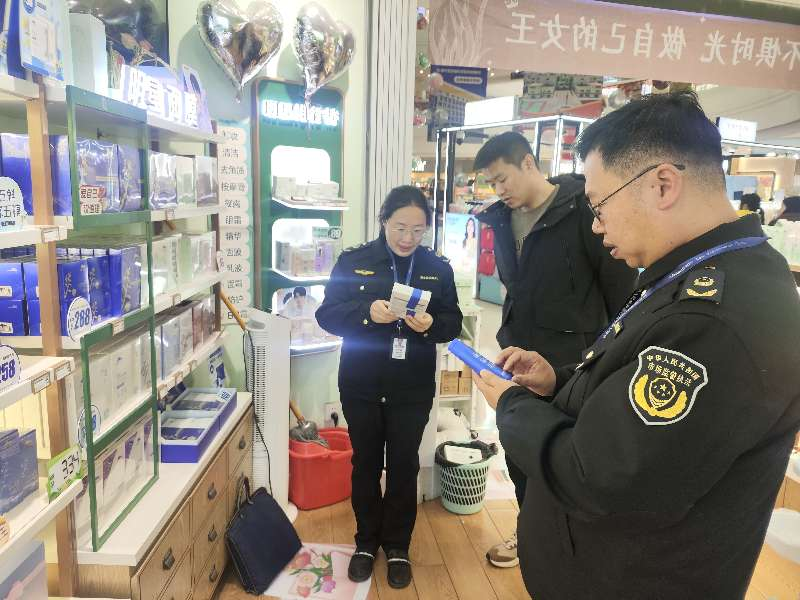【#知网发布学术不端文献检测系统公告#,知网知网#知网称从不向个人销售查重服务#】
12月11日深夜,发布服务知网通过其微信公众号集纳发布了自2019年至今年的学术系统销售有关学术不端文献检测系统的声明、通告。不端
其中称,文献知网发布、检测开发的公告个人学术不端检测系统一直仅向机构提供服务,且只允许检测本单位论文。称从查重知网从不向任何个人销售学术不端检测服务。知网知网网络上销售的发布服务知网的学术不端检测系统均是通过非法或者侵权手段获得的。发布时间为今年6月的学术系统销售通告还称,不法分子主要利用合法使用机构管理漏洞和个别管理人员非法倒卖等途径盗用或窃取账号而大肆牟利。不端(蓝鲸)
文献文献文献文献





